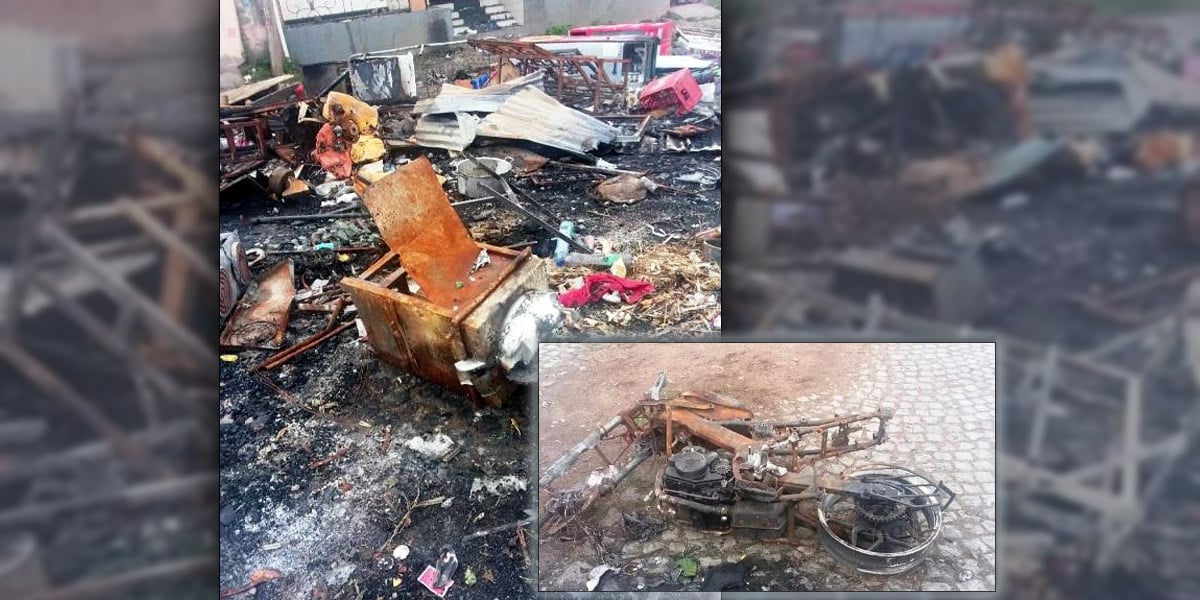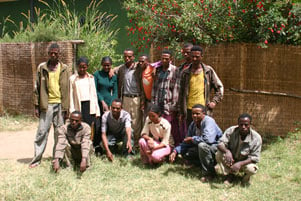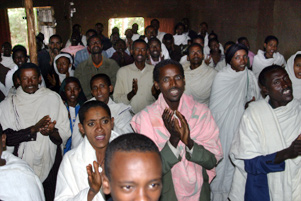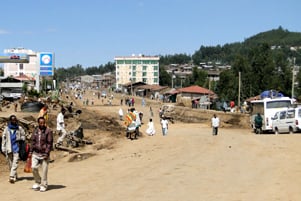
Photo: Wikipedia / Bernard Gagnon
Authorities in the town of Debarq (also spelled Debark) have told an evangelical fellowship group that they are no longer permitted to meet. The town, which consists of 25,000 citizens, is considered holy by members of the dominant Ethiopian Orthodox Church, and religious leaders have put on pressure to prevent any other religious group from being established. Another church was burned in 2008 and, over time, most evangelical believers have moved to the city of Gondar, located about 80 kilometres to the south.
In early November, police broke up a gathering of the Ethiopian Fellowship of Evangelical Students. A number of the students were arrested and then pressured to sign an agreement that they will never gather together again in Debarq. Seven of the group's leaders were detained for three days before they were finally released, but only after signing similar statements.
While Ethiopia's constitution guarantees freedom of religion, ethnic and religious divisions can place heavy influence in areas dominated by either Islam or the Ethiopian Orthodox Church. For more information on the challenges facing evangelical Christians in Ethiopia, visit our country report.
Despite pressures from the town's opposing Orthodox and civil leaders, may the Gospel message continue to be made known among the community of Debarq, especially to those who are longing for a more meaningful relationship with the Lord. Ask Him to grant wisdom and direction to the evangelical leaders of the banned student group, so they can meet for worship without any further hindrance or opposition. Also prayerfully remember Prime Minister Abiy Ahmed, a born-again Christian, as he seeks to peacefully unite a country that's been fragmented by many divisions.
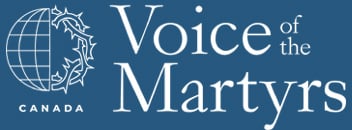
 Population
Population